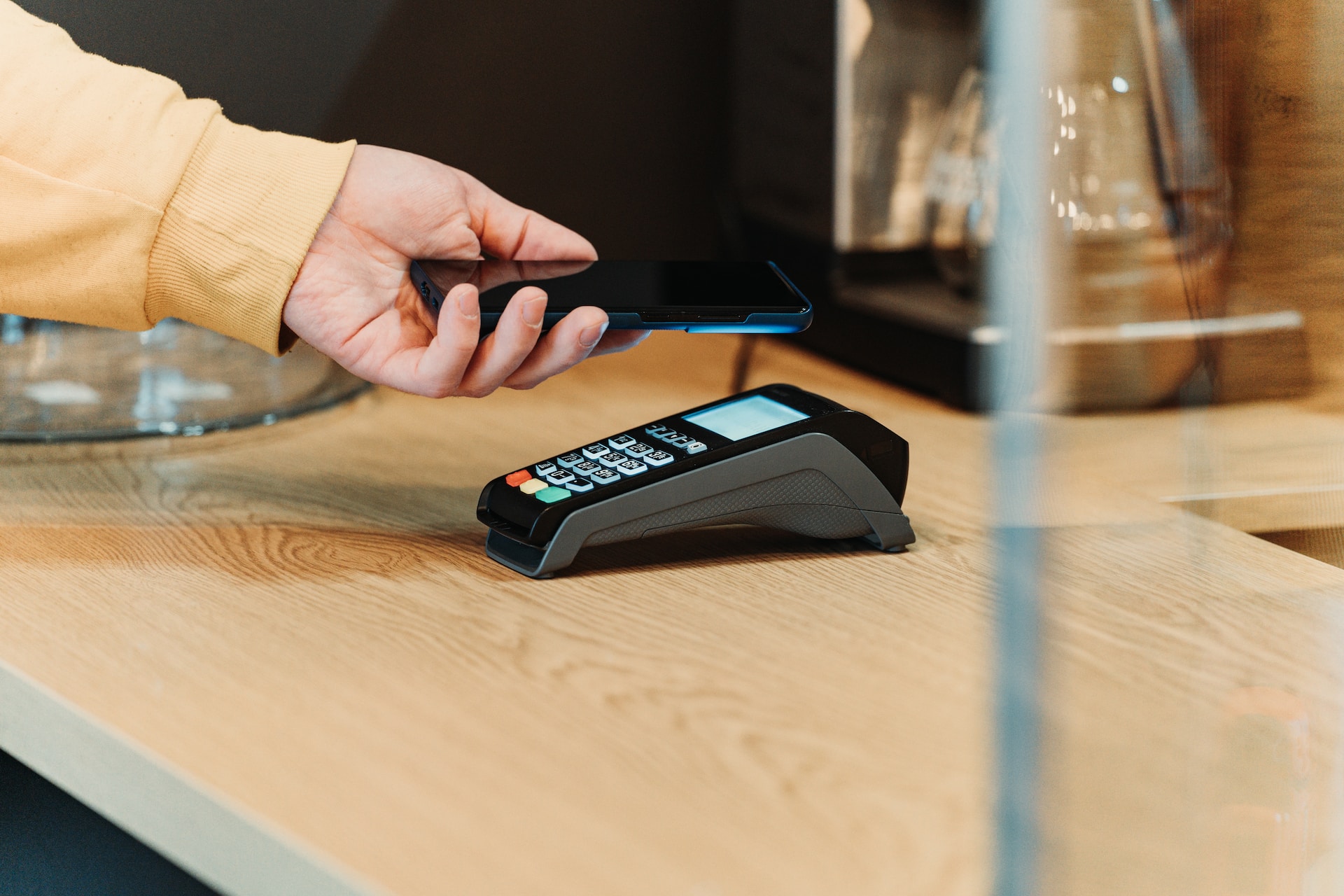Ecommerce fraud prevention tools guaranteeing a chargeback can help merchants minimize risk and protect revenue. A chargeback in online retail equates to an unconverted sale that becomes a cost for businesses.
The best fraud protection providers offer a guarantee that aligns the merchant’s and provider’s financial interests. This means that the provider only gets paid when an order ships, making it in their economic interest to ensure that every legitimate purchase is shipped.
Contents
Automation
In the ecommerce world, chargebacks are one of the most devastating and costly threats to profitability. They can erode profit, cause significant accounting issues, and lead to the loss of a merchant account. Chargeback prevention services can help reduce the impact of these disputes. These tools can include fraud prevention systems that block actual fraud, preempt customer issues before they become a chargeback, and even reimburse merchants for eligible charges.
A robust fraud prevention program is a must for all businesses. In addition to a solid risk appetite and practices, every company should regularly review its software and internal processes to ensure they are optimized to detect fraud. When it comes to chargebacks, it’s better to prevent them than to try and fix them later.
Training and Education
Despite the best efforts of merchants to prevent fraud, the reality is that it’s not an easy thing to do. Knowing different types of fraud is essential for avoiding chargebacks in eCommerce. However, many merchants need this knowledge, which can put their businesses in danger of fraudulent activities. First party fraud has become an enormous problem stemming from opportunistic consumers who file chargebacks due to dissatisfaction with store policies, product quality, or buyer’s remorse. To combat this, merchants need to educate their staff on how to spot these types of fraudulent claims and also how to defend against them.
A fraud prevention solution specializing in friendly fraud can help deflect these claims by using data from each purchase to proactively identify and validate customers and prevent them from submitting false dispute requests. They can also provide the issuing bank with evidence during the re-presentment process to improve win rates and increase chargeback deflection.
Risk Scoring and Analysis Systems
Detecting fraud is essential for businesses to minimize losses and protect their reputation. Fraud detection is also important for consumers to protect them from account takeovers and identity theft. Fraud detection services use automated systems that spot patterns and can stop a transaction before it goes through. These tools are often augmented with machine learning and can detect anomalies in large volumes of data quickly and accurately.
Some payment processors and fraud prevention companies offer chargeback protection guarantees. These tools screen transactions for possible fraud indicators and may reimburse merchants for eligible chargeback costs. They can also help them prevent fraudulent disputes by identifying the trustworthy source of the conflict. This is an effective way to reduce chargeback fees and recover lost revenue. However, it is essential to set realistic expectations when implementing risk scoring. It is impractical to eliminate all risks, so creating a risk matrix that prioritizes risk based on several factors is necessary.
Third-party Fraud Detection Services
While PCI compliance, address verification services, and other security measures help to protect businesses from credit card fraud, a different threat has emerged: chargeback fraud. This occurs when a customer files a claim for a purchase they regret or for some other reason, which can cost companies billions.
While some consumers may file a chargeback because they did not like the product they bought or because of a policy that is not in their favor, others use the process to take advantage of the business. Also known as friendly fraud, this ongoing problem stems from opportunistic buyers who file a claim out of buyer’s remorse or because of other reasons. It can be challenging to detect, especially when the customers need to be made aware of the basis for the claim. This is why a fraud detection service that can spot suspicious patterns and behavior is essential. This includes detecting a change in standing data or system authorization levels, often signals of third-party fraud.



